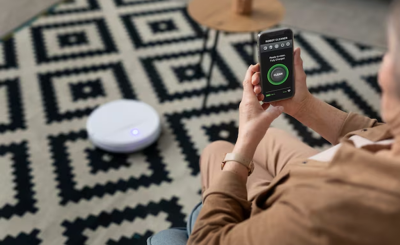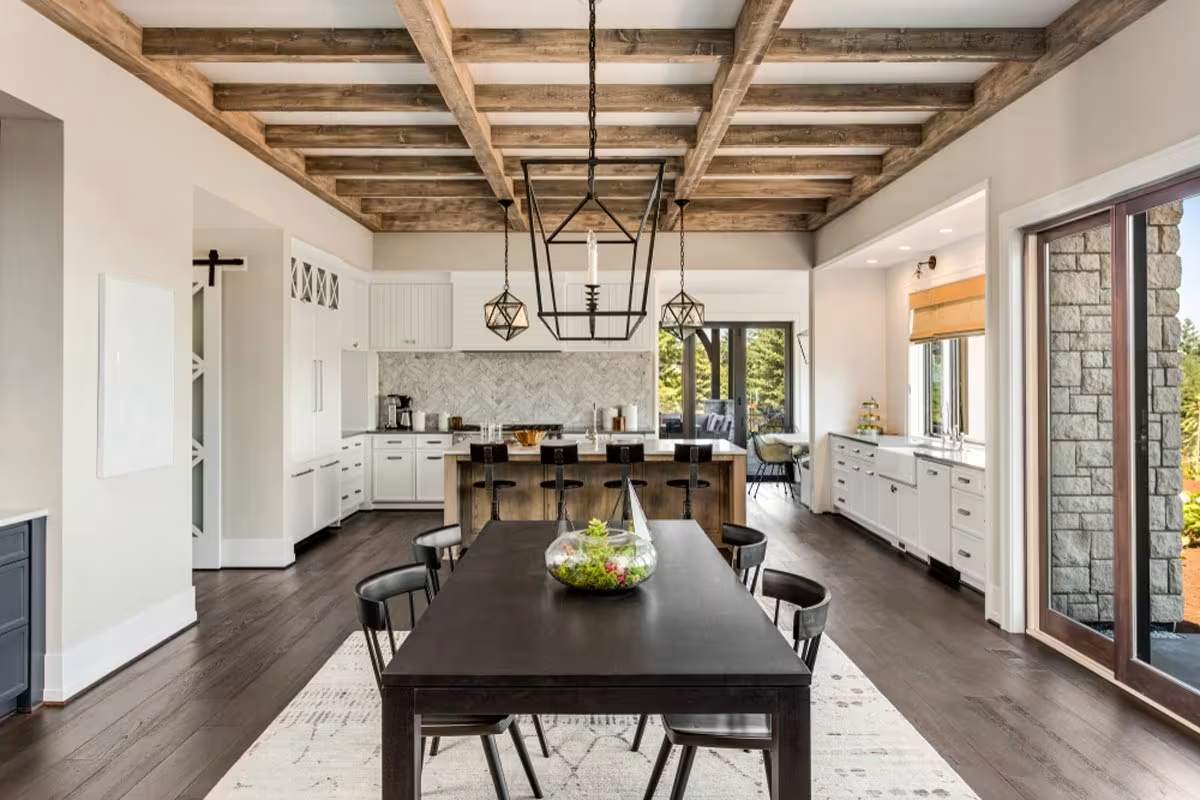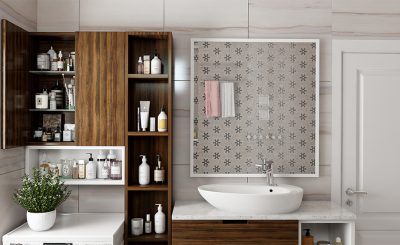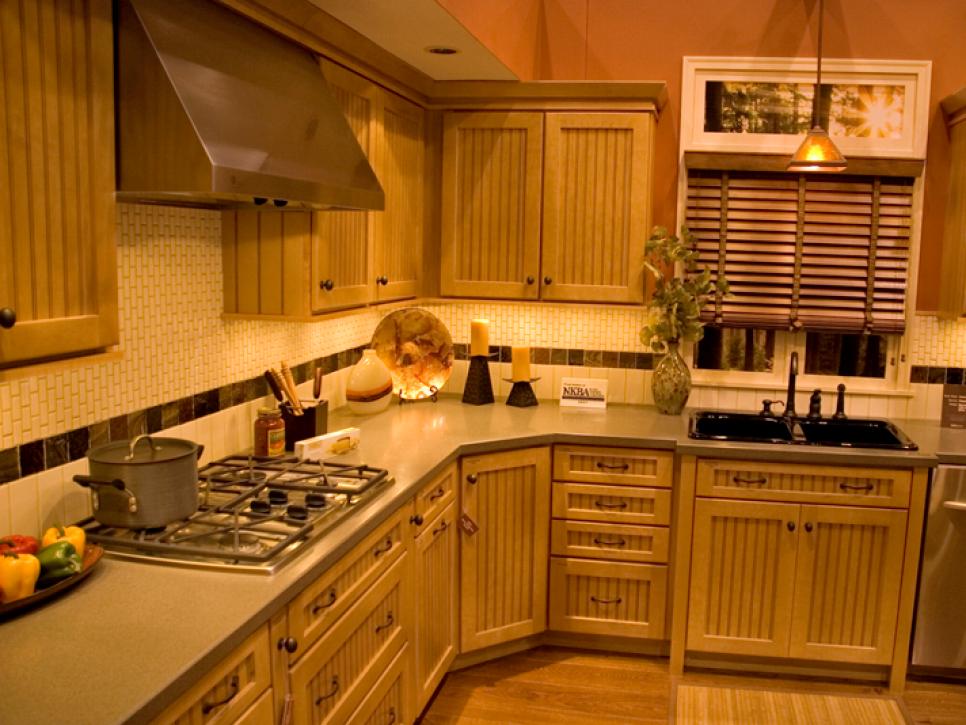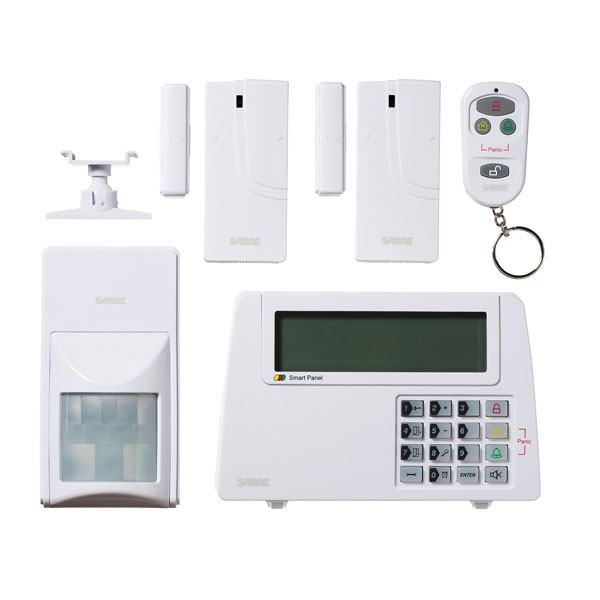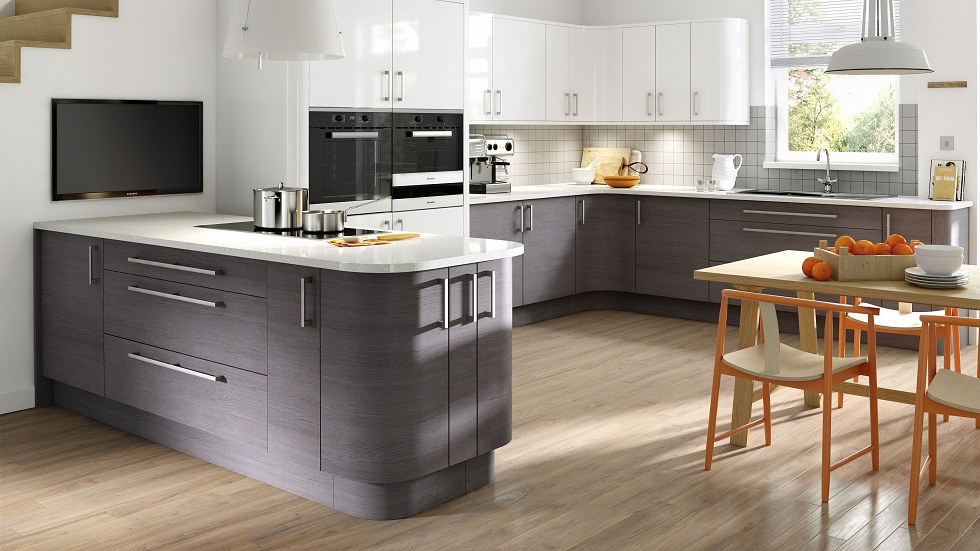When you’re self-employed, a home office can be your main place of business. You can even deduct the cost of renting a warehouse space to use for your business. If your office is more than 300 square feet, however, you should check with your tax professional for the proper deduction. You can also consider other workspace-related deductions such as mortgage interest. But, before you get started, remember to consider all the conditions set by the IRS.
Many people work from home, and they use their home as a place to do their jobs. Many entrepreneurs and small businesses work out of their homes, as it can be more convenient and affordable than renting a traditional office. You’ll save a great deal of money by working from home, as the cost of renting a traditional office is very expensive. In addition to the rent and utilities, you’ll also have to pay for office equipment, stationery, and furniture.
While claiming a home office deduction, you need to be sure that the space is truly separate from other areas of the home. Physically dividing the space with a four-panel screen room divider is a great way to do this. If the work area is clearly identifiable, the taxpayer can point out the working area. Ultimately, claiming a home office deduction is a smart way to maximize your deduction. This is especially true for plumbers.
The Home Office is the name of the department of the British Government. In most cases, a home office is a working room or study in a domestic dwelling. Many companies have made the transition to remote work possible. The Covid-19 pandemic, for example, forced many companies to change their policies. In fact, many of them now offer options for remote employees in such industries as digital technology, real estate, finance, and publishing. This means you don’t have to travel as far to complete your job.
If you use a home office as a business, you can deduct these expenses from your tax return. You can claim these expenses if you have a home office that’s separate from your main business space. If you’re self-employed, you may be able to claim a home office tax deduction. To claim a home office deduction, you must be an independent contractor, and not an employee of another company. You must have a dedicated space to conduct business activities, such as sales calls and emails. If you’re self-employed, you may also use your home office to build a website or do other tasks.
You can deduct your home office expenses under both the simplified and standard methods. The simplified method is easier to use, but you’ll be taking a smaller tax break than the standard method. But if you’re planning to move into a larger space, use the standard method. If you’re not sure which way to take, you can always change the method from year to year. Just remember that both methods are deductible for your home office, so choose whichever method best suits your needs.




